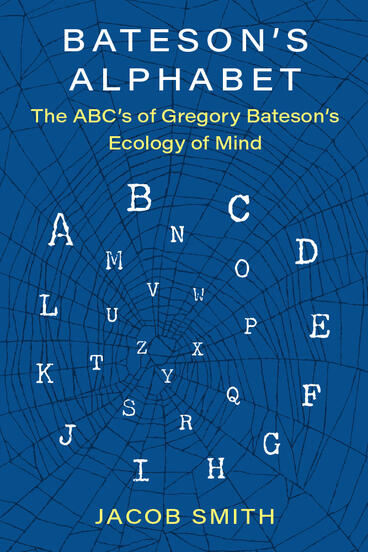Bateson's Alphabet
The ABC's of Gregory Bateson’s Ecology of Mind
Connecting Bateson’s ecology of mind with the environmental humanities
Description
Gregory Bateson (1904–1980) began his career as an anthropologist in the 1930s, yet Bateson has also been recognized as an important early practitioner of ethnographic filmmaking, a key figure in the early development of cybernetics, and a point of reference for environmental artists and activists. In fact, Bateson was an important environmental thinker who was sounding the alarm about global warming and runaway patterns of consumption fifty years ago. His research connected the symptoms of ecological crisis to deeply rooted systems of Western thought.
Bateson’s Alphabet draws on archival sources—Bateson’s public presentations, classroom seminars, and recorded memos—to provide an engaging and accessible, online, hyperlinked interface with Bateson’s system of ecological thought. Bateson’s Alphabet is composed of short, alphabetized essays that put Bateson in conversation with current scholarship in the environmental humanities and ground his ideas in a concrete example from a media text. The hyperlinked text allows readers to take multiple paths through the text. Whichever path is chosen, each step allows for a rich, multimodal encounter with Bateson’s ideas through media analysis and images from the films under discussion. The resulting resource offers a new way to experience Bateson’s ecology of mind and fosters new interdisciplinary connections within the environmental humanities.
Jacob Smith is co-founder and director of the Master of Arts in Sound Arts and Industries and Professor in the Department of Radio/Television/Film at Northwestern University. He is also the author of ESC: Adventures in the Anthropocene and Lightning Birds: An Aeroecology of the Airwaves.
Reviews
“Bateson's Alphabet helps both the expert and the newcomer enter into a productive dialogue with the universe of Gregory Bateson’s thought. It conveys the core ideas of Bateson in language that is both precise and lively, and the project's form corresponds to the principles it aims to explain.”
- Hubert Zapf, University of Augsburg, Germany

